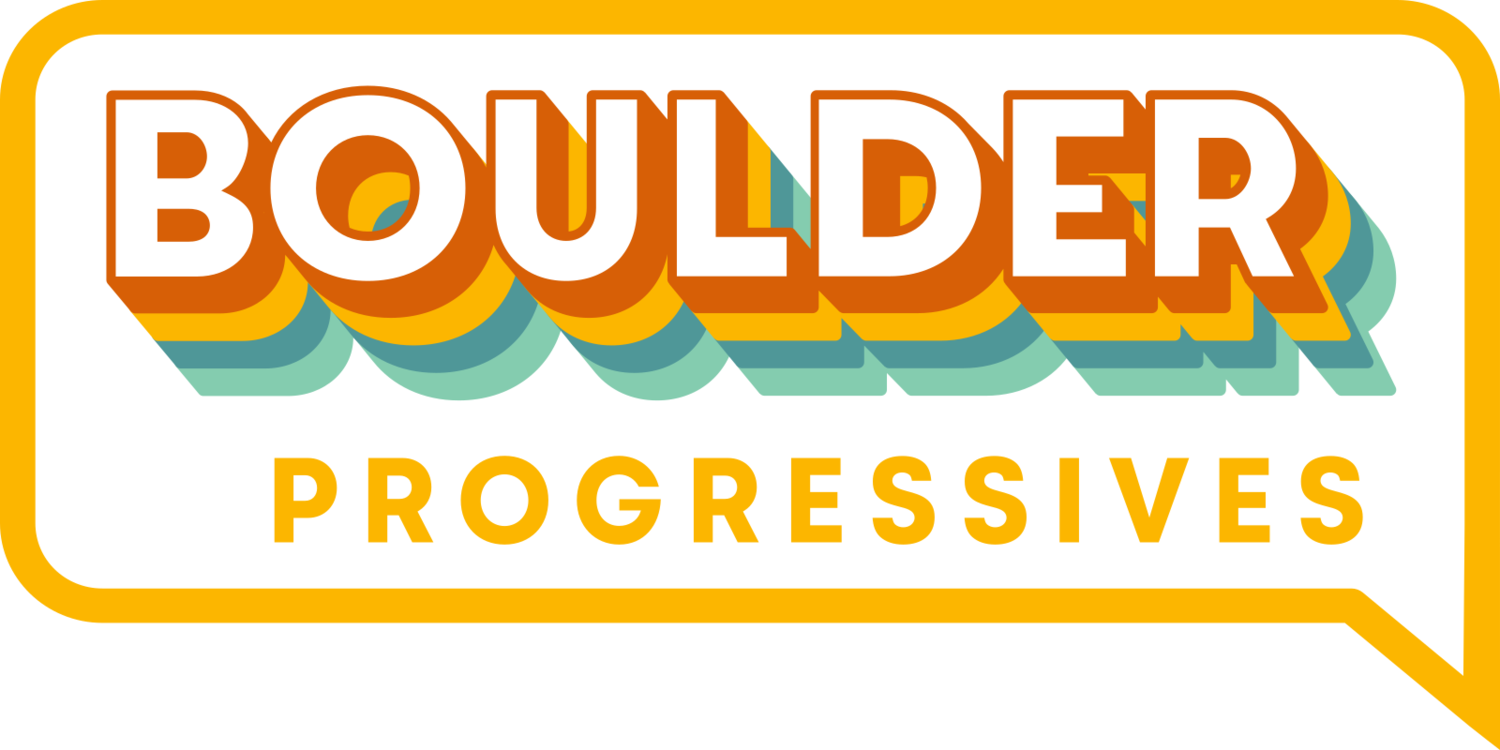Electoral Reforms
The current pay for City Council members is a significant barrier to people running for office who are not wealthy or do not have the flexibility to dedicate substantial amounts of time for little pay.
What problem(s) does this proposal aim to solve?*
People who work full-time or are not independently wealthy do not have the financial resources or time to be able to serve in this role.
The current approach perpetuates a system in which a majority of the community does not have sufficient representation when considering factors such as age, tenancy status, income/wealth, racial/ethnic diversity.
The complexity of decisions that Council is asked to make on a regular basis demands a baseline level of time in order to be able to make informed decisions on behalf of the community.
People who would make excellent representatives and want to serve the community, but the lack of pay is a barrier.
How does this proposal further high-level city goals and plans?*
Council has been underpaid since its inception, which has resulted in decades of policies being crafted by Councils whose demographic and socio-economic makeup has not reflected the community as a whole.
As one of the youngest councils that has likely existed in the past several decades, there is a window of opportunity to enact reforms that will enable younger and more economically and racially diverse community members to serve on City Council.
How does this advance the aims of the Racial Equity Plan?*
It has the potential to increase the willingness of younger, less-wealthy residents to run for Council. This policy would help address disparities due to racial wealth and income gaps that contribute to people of color being less likely to be able to consider serving on city council.
*In 2024, Boulder Progressives was proud to have proposed this measure to council, supported council in placing it on the ballot, and to have worked to get the measure passed by the City of Boulder voters!
-
Links to key resources for additional reading:

